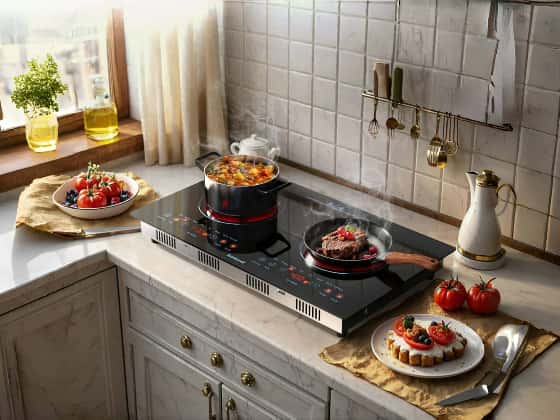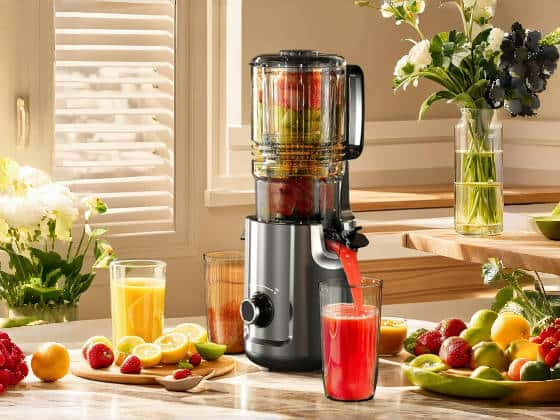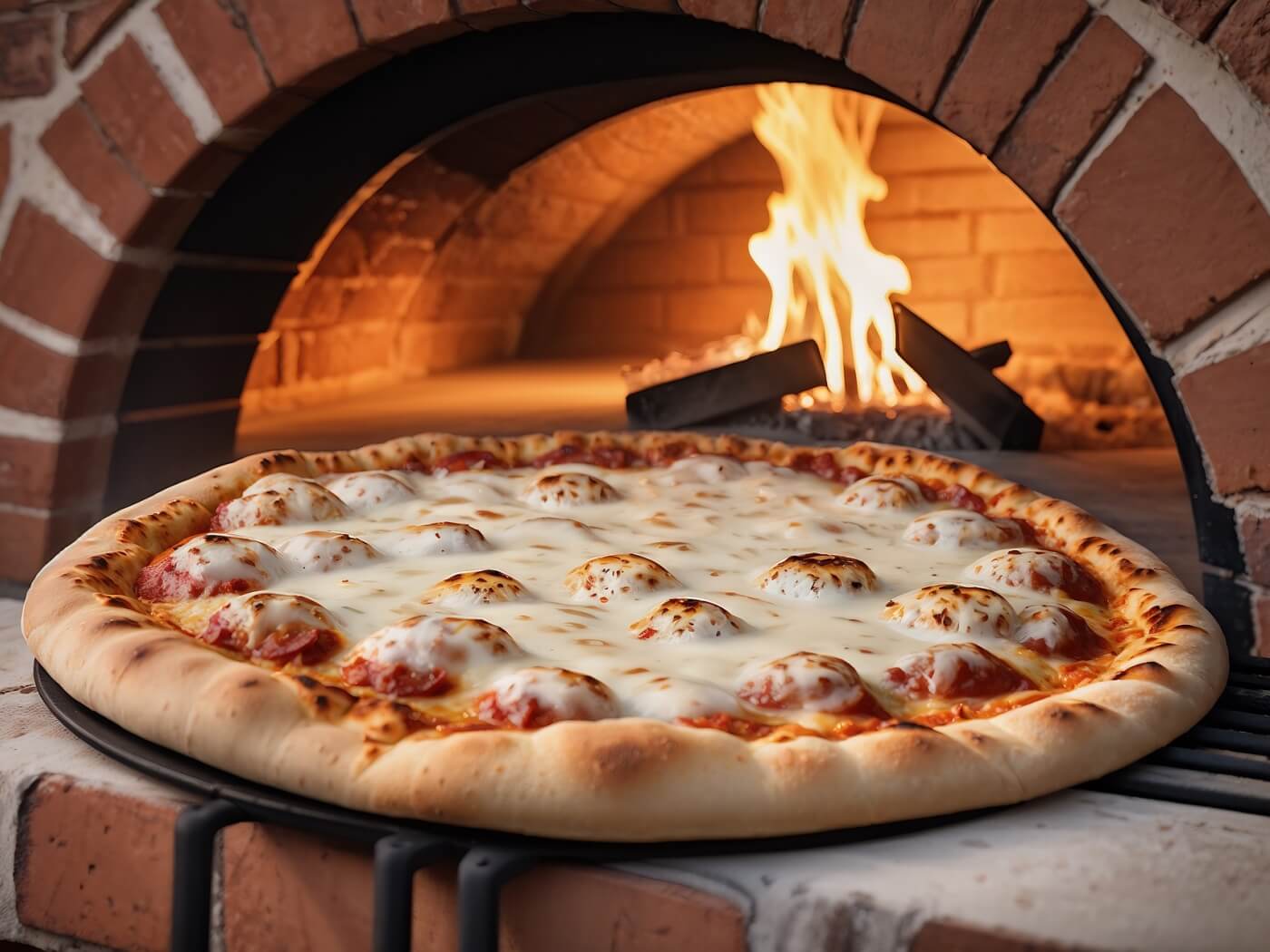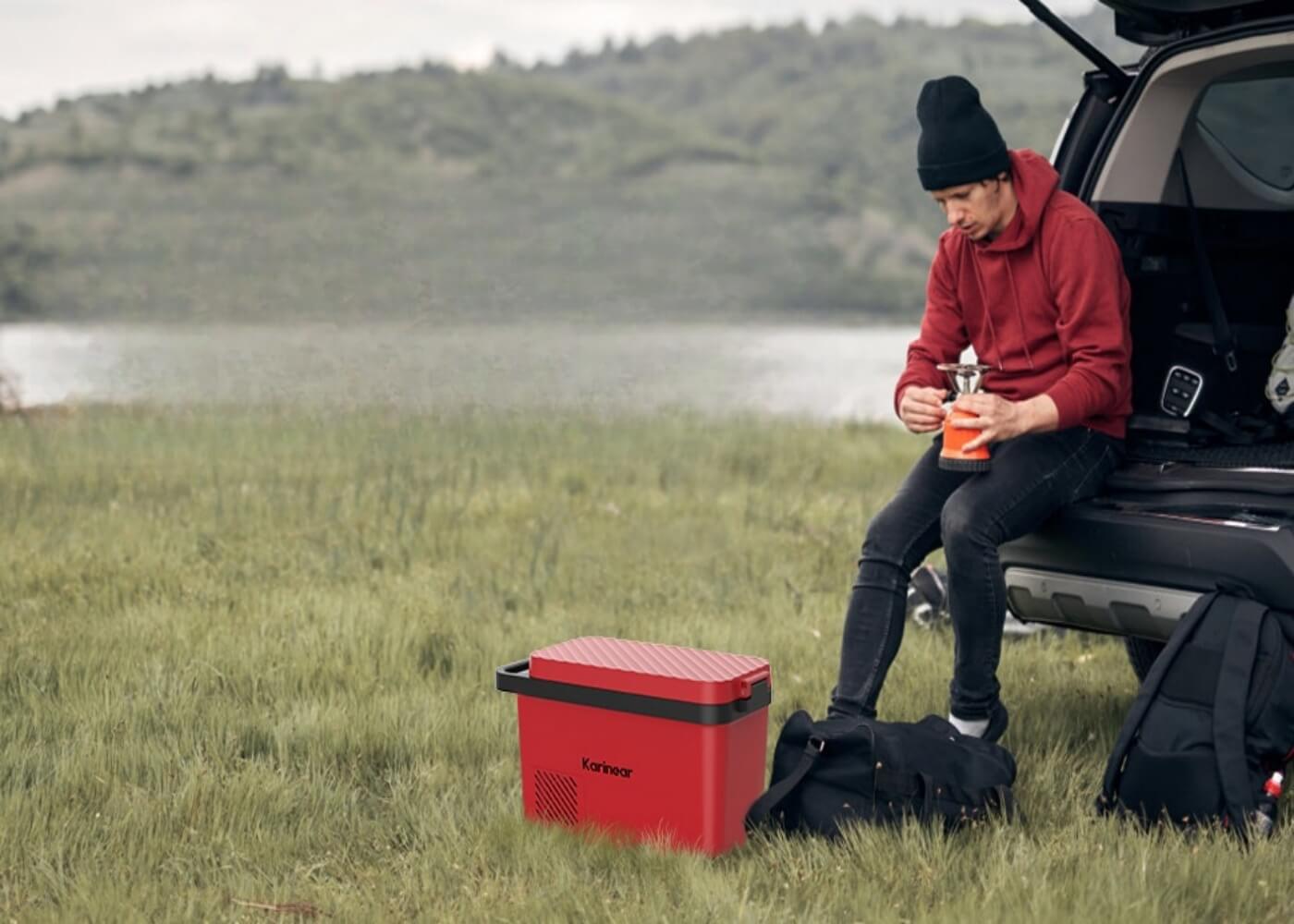When it comes to firing up your outdoor wood pizza oven, the wood you choose can have a big impact on the flavor and quality of your pizzas. The appropriate wood can lend a delightful, smoky scent and improve the overall taste of your pies, whilst the wrong one can result in an unpleasant, caustic flavor. As such, choosing the right wood for your outdoor wood pizza oven is critical.
Different types of wood for outdoor wood pizza ovens
Hardwoods: These dense, slow-burning woods are known for their intense heat output and long-lasting burn times. Popular hardwood options include oak, maple, ash, and beech.
Softwoods: Softwoods, such as pine, fir, and cedar, are less dense and burn more quickly than hardwoods. They can provide a distinct, resinous aroma to your pizzas.
Fruitwoods: Woods from fruit-bearing trees, like apple, cherry, and almond, can impart subtle, sweet notes to your pizzas, adding a unique flavor profile.
Nut Woods: Woods from nut trees, such as pecan, hickory, and walnut, offer a rich, nutty flavor that can complement the savory toppings on your pizzas.
Exotic Woods: For a truly unique taste experience, some pizza enthusiasts experiment with exotic woods like mesquite, guava, or even grapevines.
Hardwoods vs. softwoods for wood-fired pizza ovens
Hardwoods
Hardwoods like oak, maple, and ash are noted for their solid structure and slow burning qualities. These features make hardwoods ideal for outdoor wood pizza ovens, since they produce long-lasting, consistent heat with a delicate, smoky flavor.Hardwoods burn slowly and steadily, ensuring an even temperature in your oven.Hardwoods' dense nature allows them to generate great heat, making them perfect for cooking pizzas at high temperatures.Hardwoods add a mild, smoky flavor to your pizza, improving the overall flavor profile.Hardwoods emit fewer sparks than softwoods, which reduces the chance of unintentional fires or oven damage.
Softwoods
Softwoods, such as pine and fir, are less dense and burn more quickly than hardwoods. While they can be used for outdoor wood pizza ovens, they may not be the best choice for achieving optimal results.Softwoods are generally more readily available and less expensive than hardwoods.Softwoods ignite more easily than hardwoods, which can be useful for starting your fire or providing a quick heat boost.However, softwoods burn quickly, requiring more frequent reloading of your oven.The rapid burn rate of softwoods can lead to fluctuations in temperature, making it challenging to maintain a consistent cooking environment.Some softwoods, like pine, can impart a strong, resinous flavor to your pizzas, which may not be desirable for all palates.
How to properly store and season wood for your pizza oven
torage
Keep it dry: Moisture is the enemy of good firewood. Store your wood in a dry, well-ventilated area, such as a shed or covered woodpile, to prevent it from absorbing excess moisture.
Elevate it: Raise your woodpile off the ground using pallets or a wooden base to prevent moisture from seeping up from the ground.
Cover the top: Use a tarp or other waterproof covering to protect the top of your woodpile from rain or snow, while still allowing air circulation around the sides.
Split the logs: Split larger logs into smaller pieces to increase the surface area exposed to air, which will help the wood dry more quickly.
Seasoning
Time is key: Seasoning wood properly takes time, typically between 6 and 12 months, depending on the type of wood and your climate.
Stack for airflow: Stack your wood in a crisscross pattern, leaving gaps between the logs to allow for proper air circulation, which aids in the seasoning process.
Monitor moisture content: Use a moisture meter to check the moisture content of your wood. Ideally, you want the moisture content to be below 20% for optimal burning.
Consider kiln-drying: If you need seasoned wood quickly, consider purchasing kiln-dried wood, which has been artificially dried to remove excess moisture.
Conclusion
Choosing the ideal wood for your outdoor wood pizza oven is an important step in ensuring that every pie you bake is a scrumptious masterpiece. Understanding the differences between hardwoods and softwoods, researching the finest selections for each category, and using proper storage and seasoning processes can open up a world of culinary possibilities.










